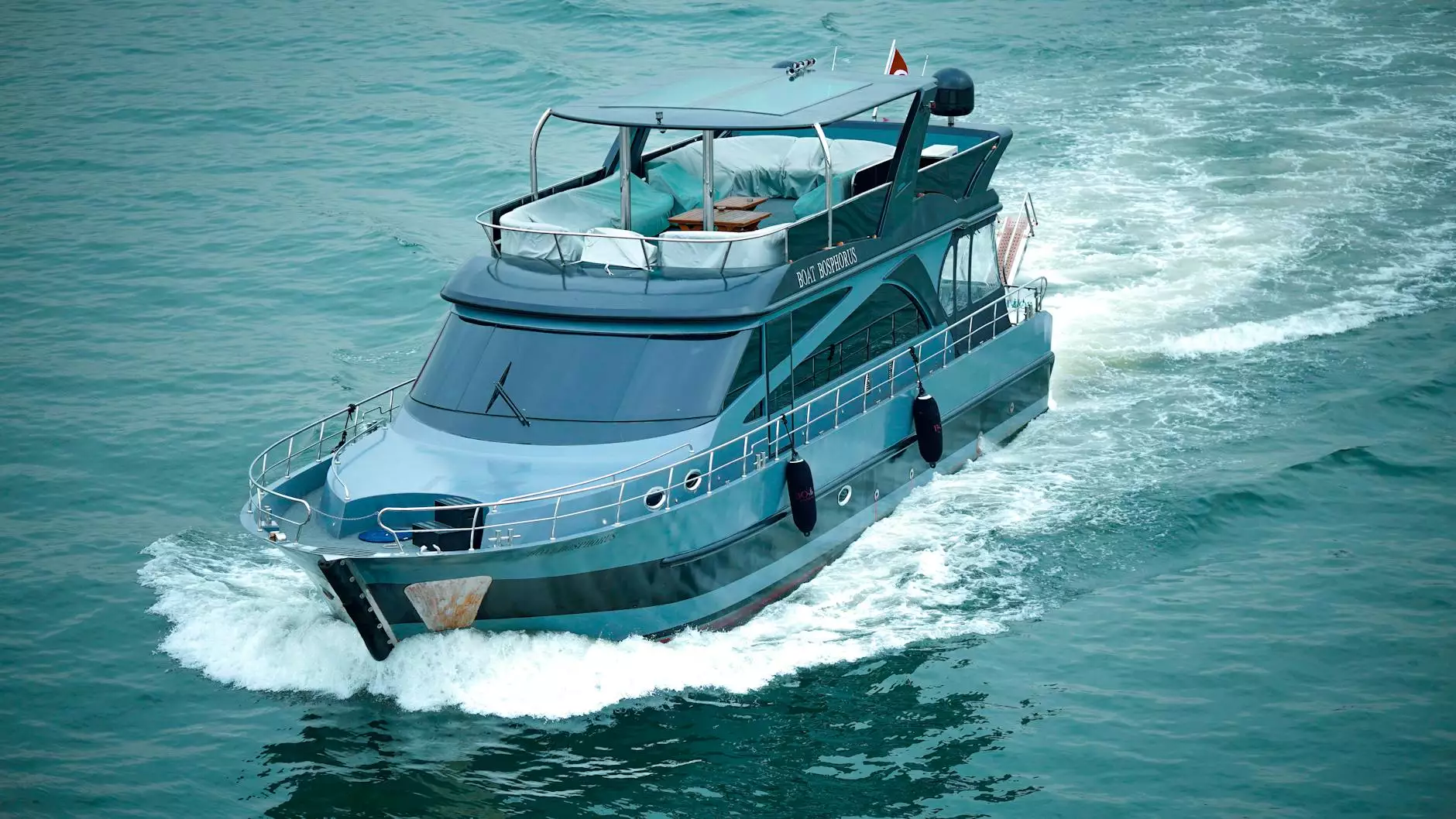Tipping in Nepal: A Comprehensive Guide for Travelers

Nepal, a land of serene mountains, rich cultures, and warm-hearted people, offers a unique travel experience that combines adventure with serene tranquility. One of the lesser-discussed topics among travelers is tipping in Nepal, an essential aspect that reflects gratitude towards service providers in this beautiful country. In this extensive guide, we will walk you through everything you need to know about tipping practices in Nepal, ensuring you navigate your travel journey with confidence and respect.
Understanding Tipping Culture in Nepal
Tipping in Nepal is not mandatory, but it is highly appreciated and often expected, especially in the tourism sector. Understanding the cultural background of tipping can help you engage with the local community more positively.
Traditionally, Nepalese people express their appreciation through gestures of gratitude rather than monetary tips. However, as tourism has grown, many service industry workers now rely on tips as a significant part of their income. This shift has created a blend of traditional appreciation with modern tipping etiquette.
When to Tip
There are specific scenarios during your travels in Nepal where tipping is not only welcomed but can also enhance the quality of service you receive. Here are some common situations in which tipping is appropriate:
- Restaurants and Cafés: It’s customary to leave a tip of around 10% of your bill, especially if the service was particularly good.
- Guides and Porters: If you're on a trekking adventure, tipping the guide and porter is standard practice. The typical range is $5 to $10 per day for guides, and around $3 to $5 for porters.
- Drivers: For taxi drivers or private chauffeur services, rounding up the fare or adding an additional 10% is an acceptable practice.
- Hotels: Hotel staff, particularly bellhops and housekeeping, typically receive tips averaging $1 to $2 per service.
- Spas and Salons: For personal grooming and spa treatments, a tip of 10 to 15% is appreciated.
How Much to Tip
The amount you choose to tip can vary based on several factors, including the type of service, the quality of service, and your personal budget. Below is a detailed breakdown of tipping amounts for different services:
Dining Out
When dining in a restaurant, consider the following tipping guidelines:
- For inexpensive restaurants: 10% of the bill.
- For mid-range restaurants: 10-15% based on your satisfaction.
- For high-end restaurants: 15% is typically expected.
Trekking and Tours
If you engage local guides for trekking and tours, showing appreciation for their hard work is crucial. Here’s a suggested tipping framework:
- Guides: Approximately $10 per day.
- Porters: About $5 per day.
Transportation
In terms of transportation, consider the following:
- Taxi drivers: Round up the fare or add 10% to show appreciation for good service.
- Long-distance bus drivers: Tipping is not expected, but if the service was exceptional, a small token amount could be given.
Hotels and Accommodation
At hotels, tipping is appreciated, but the amount can vary:
- Bellhops: $1 to $2 per bag.
- Housekeeping: $1 to $3 per night, left in an envelope or visible space.
Etiquette and Best Practices for Tipping in Nepal
When it comes to tipping in Nepal, following proper etiquette ensures that your appreciation is conveyed respectfully. Here are several best practices to keep in mind:
Cash is King
Tips should ideally be given in Nepalese Rupees (NPR), as not all service providers may accept foreign currency. Making the effort to offer local currency demonstrates respect for the culture. Additionally, small bills are appreciated, as they are easier to manage.
Personalized Touch
Whenever possible, hand your tip directly to the service provider and express your gratitude verbally. This personal touch elevates the gesture and fosters a more meaningful interaction. A simple “Thank you” in Nepali (“Dhanyabad”) goes a long way!
Maintain Discretion
While tipping is encouraged, it's essential to do so discreetly. This practice helps maintain the dignity of the recipient. Try to avoid tipping in a flamboyant or overly exaggerated manner, as it may make the recipient uncomfortable.
Common Misconceptions About Tipping in Nepal
As with any cultural practice, various misconceptions surround tipping in Nepal. Addressing these can help clear confusion among travelers:
Myth 1: Tipping is Mandatory
Though tipping is appreciated, it is not legally required, and travelers should not feel obligated to tip regardless of service quality.
Myth 2: All Service Workers Expect Tipping
While many service workers appreciate tips, not all sectors, such as local shops or street vendors, typically expect them. Understanding the context is crucial.
Myth 3: Tipping Changes Are Not Welcomed
Many people think tipping in the tourism sector has led to a decline in service quality, which is not necessarily true. Instead, many service workers strive for higher standards to earn good tips.
Embracing Nepal’s Wonderful Culture
In conclusion, tipping in Nepal is a simple yet powerful way to connect with the local community. As a traveler, your contributions through tips can significantly impact the livelihoods of individuals who rely on tips as part of their income.
By following local customs and showing respect through appropriate tipping, you can enhance your travel experience while helping support the communities that make Nepal such a delightful destination. Dive deep into the beauty of Nepal—the culture, the mountains, and the heartwarming resilience of its people—and remember that a small tip can go a long way in spreading joy and appreciation.
Explore More with Himalayan Dream Team
If you wish to delve deeper into the wonders of Nepal and make the most of your travel experience, consider partnering with professionals who are well-versed in the region. Himalayan Dream Team offers tailored tours, connects you with trustworthy travel agents, and presents incredible hiking opportunities for a comprehensive experience in Nepal.
Let your adventure begin, and remember, your journey is not only about the destination but also about the rich encounters along the way—enhanced by thoughtful gestures like tipping.









